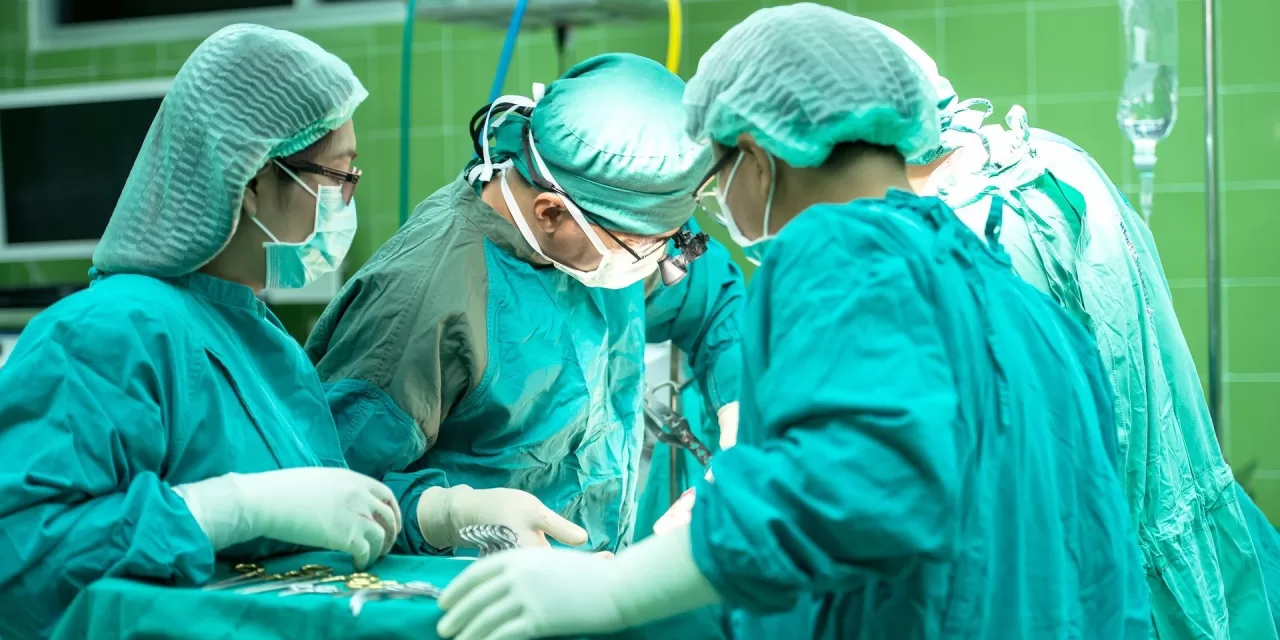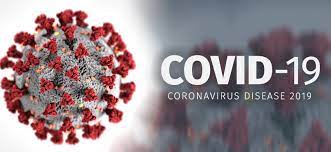A recent study published in the prestigious medical journal The Lancet has investigated the potential of using antibiotics instead of surgery to treat acute, non-perforated appendicitis in children. This large-scale randomized pediatric trial, known as the APPY study, is the first of its kind and opens up exciting new possibilities in pediatric surgical care.
The APPY study, led by researchers from Kansas City and involving 11 children’s hospitals worldwide, compared the effectiveness of antibiotic treatment with traditional appendectomy. While the study found that antibiotics were not as effective as surgery due to a higher risk of treatment failure and recurrence, it also highlighted that antibiotics could be a viable option in certain cases, following careful discussion with children and their parents. A key advantage of antibiotic treatment is that it allows children to return to their normal lives more quickly.
Researchers from the pediatric surgical research group at Karolinska Institutet in Stockholm played a significant role in the study. Their prior pilot study provided the foundation for the APPY study, and their ongoing research is exploring further possibilities. This includes investigating whether treatment without antibiotics, using only pain management, might be effective for some children. Additionally, the team is studying the quality of life and patient satisfaction among the children who participated in the APPY study.
The APPY study raises many interesting questions and paves the way for further research. While surgery remains the primary treatment for appendicitis in children, antibiotics may offer a valuable alternative in specific cases. Ongoing studies will help determine the optimal treatment approach for this common childhood condition.
Source:
- Shawn D St Peter et al, Appendicectomy versus antibiotics for acute uncomplicated appendicitis in children: an open-label, international, multicentre, randomised, non-inferiority trial, The Lancet (2025). DOI: 10.1016/S0140-6736(24)02420-6












